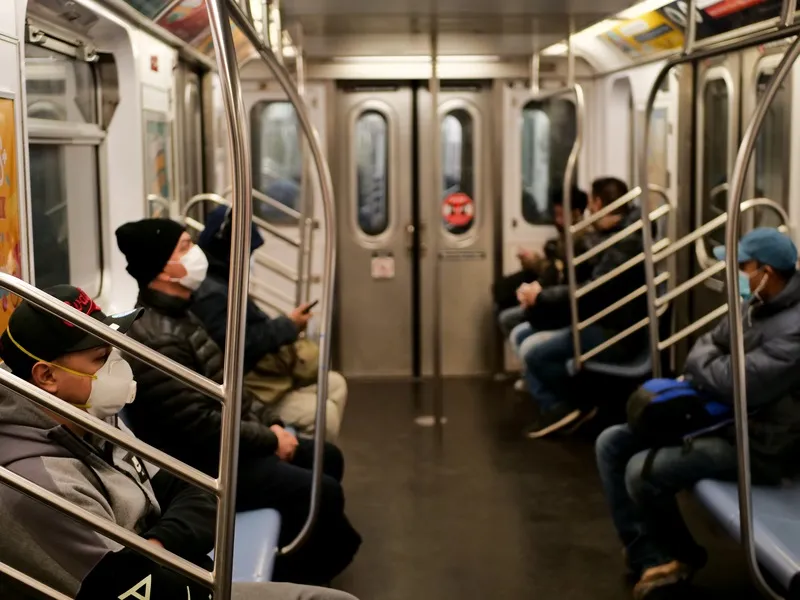Sweden's second city Gothenburg will is to introduce a road toll for all motorists entering or leaving the city, similar to one already in place in the capital Stockholm. The system, aimed at financing infrastructure investments, reducing greenhouse gases and cutting traffic in Gothenburg's city centre by around 15 percent, will include some forty toll stations around the city. According to Eva Rosman of the Swedish Transport Agency, the system introduced in Stockholm in 2007 has led to a 15-18 percent redu
January 2, 2013
Read time: 2 mins
Sweden's second city Gothenburg will is to introduce a road toll for all motorists entering or leaving the city, similar to one already in place in the capital Stockholm.
The system, aimed at financing infrastructure investments, reducing greenhouse gases and cutting traffic in Gothenburg's city centre by around 15 percent, will include some forty toll stations around the city. According to Eva Rosman of the2124 Swedish Transport Agency, the system introduced in Stockholm in 2007 has led to a 15-18 percent reduction of traffic in the city centre.
Gothenburg, located on Sweden's west coast, has some 520,000 inhabitants. Motorists entering and leaving the city Monday to Friday will pay between US$1.2 to US$2.75, depending on the time of day. The holiday month of July will be free, as are evenings and weekends. Emergency vehicles and cars with foreign licence plates and will be exempt.
Overhead cameras will register the licence plates of cars entering or leaving city limits. Motorists can either have the amount automatically deducted from their bank account or pay a bill in some shops or by internet. Motorists who don't pay will be fined.
The system, aimed at financing infrastructure investments, reducing greenhouse gases and cutting traffic in Gothenburg's city centre by around 15 percent, will include some forty toll stations around the city. According to Eva Rosman of the
Gothenburg, located on Sweden's west coast, has some 520,000 inhabitants. Motorists entering and leaving the city Monday to Friday will pay between US$1.2 to US$2.75, depending on the time of day. The holiday month of July will be free, as are evenings and weekends. Emergency vehicles and cars with foreign licence plates and will be exempt.
Overhead cameras will register the licence plates of cars entering or leaving city limits. Motorists can either have the amount automatically deducted from their bank account or pay a bill in some shops or by internet. Motorists who don't pay will be fined.








